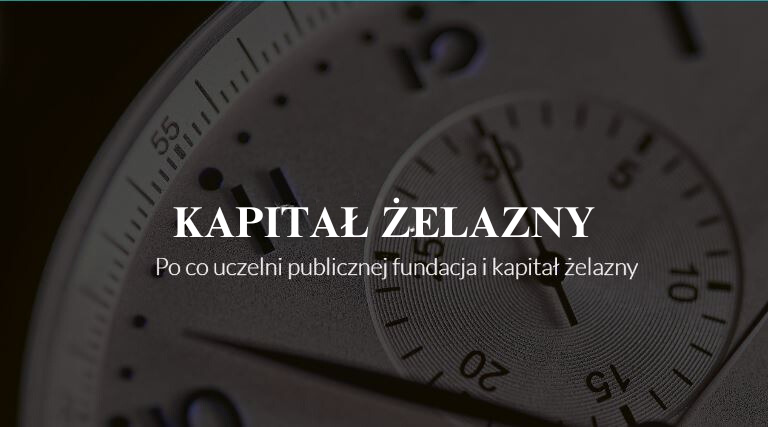One of the key elements of the development strategy of today’s leading institutions – including universities – is the creation of an Endowment, the primary purpose of which is to raise funds for the realization of the university’s long-term and important strategic goals.
The history of endowments is more than 300 years old. As early as the 13th and 14th centuries, Oxford and Cambridge universities became the first educational institutions with endowments.
In Anglo-Saxon countries an endowment represented a covenant between generations and became over the years, thanks to its long term perspective, a reliable source of funding and a factor in raising the prestige of a given university, enabling an ability to finance future ventures.
At universities such as Harvard University, endowment capital has been built for 50 years through the Harvard Management Company (https://www.hmc.harvard.edu/). This endowment amounts to about $50 billion[1] and is a major source of revenue – it is about 7 times the operating revenue (amounting to $5.5 billion in 2021). The university has a portfolio consisting of 14,000 targeted sub-funds dedicated to the investment targets that donors have set for the future. The Harvard Management Company’s fund has become the primary source of funding at this university, handling almost every operational activity. Annually, from the fund, part of the money is paid to the university’s budget, and part is invested.
In contrast, Cambridge University’s endowment in 2021 was about £6.3 billion, while its operating income was about £2.2 billion. This relationship means that the endowment was almost three times the operating income in a given year.
Revenues can fluctuate over time depending on investments, donations, financial performance and other factors. However, the data underscores just how important this source of long-term funding will be in the future of any university. In Poland, compared to global universities, raising endowments has not been widely popular to date, but this is changing as of 2023, primarily as a response by Polish universities to the pandemic crisis, Russia’s war with Ukraine and geopolitical uncertainty. There are also differences in the way individual Polish universities are funded. Some of them, such as Leon Koźmiński University, have established an endowment fund and a foundation to manage it. The purpose of this fund, as in some international universities, is to support a long-term scholarship program, research programs and build an outstanding academic staff[2]. Indeed, the Rector of the University of Warsaw places the endowment and additional sources of funding “among the challenges and goals for the coming time (…).”[3]
Taking into account the above data, and learning from the experience of foreign universities (Harvard, Cambridge, or Oxford), SGMK created the Copernicus Foundation for Education and Science (FENK), which can in the future finance scholarships, scientific research, ensure the development of highly-qualified academic staff, and help realize scientific and business ideas of our students. With professional management the capital will provide long-term alternative income to grants and serve to diversify the risks associated with the University’s development in a turbulent and constantly changing environment[4].
After the creation of FENK, the next phase is the preparation of its structure, the analysis of legal steps, the exchange of knowledge with the international and Polish experts during the third day of the Futurist of The Year 2024 congress. All these steps (analysis, research, discussions during the congress), are expected to lead to the formation of an executive team, and the creation of a program for raising capital that will be saved and multiplied for years to come. Meanwhile, the structure, as well as the Foundation’s team, will undergo constant adaptive changes, in order to match the information acquired through analyses and studies. Also of significance is the intention to internationalize the Foundation’s structures, in order to gain knowledge from practitioners from other countries. This, among other things, is what the initiative www.futuristoftheyear.com and www.domkopernika.pl will serve.
For SGMK, the endowment will increase stability and encourage innovation, flexibility and the introduction of new technologies, which should lead to new scientific discoveries, as well as support SGMK graduates in the development of further scientific, educational, as well as business paths (support for start-ups and development ideas).
In 2023, SGMK, following the example of other Polish public universities, launched the Copernicus Education and Science Foundation. Its primary value is science, and its management model corresponds with the obligations SGMK has set for itself in the Strategy for the next years of development. The purpose of FENK is to support civil society and foster social capital in such areas as:
- supporting the entities referred to in Article 7 (1) of the Law of July 20, 2018. Law on Higher Education and Science (i.e., Journal of Laws of 2023, item 742, as amended), in particular the Nicolaus Copernicus Superior School in Warsaw,
- initiating and supporting innovative solutions in various fields of social life, especially in science and education at all levels;
- promoting the use of modern technologies in science and education;
- upholding and disseminating national tradition, cultivate Polish culture and develop national, civic and cultural awareness;
- promoting economic development, including the development of entrepreneurship, fair competition and social market economy;
- supporting the development of technology, invention and innovation, and the development, implementation and dissemination of new technical solutions in economic practice, including know-how;
- disseminating and supporting culture, art, protection of cultural property and national heritage.
FENK can achieve its goals through, among other things, educational, scientific and research activities and all activities related to vocational training.
In summary, endowment and FENK will connect past, present and future generations around the realization of the goals, mission and vision of SGMK’s development in the spirit of entrepreneurship modeled on the thought and achievements of Nicolaus Copernicus.
We invite you to the Futurist Of The Year 2024 congress, the third day of which will be devoted to the future of education, as well as ways to develop and raise funds, including endowment that we hope can still be created in 2024. For this, however, we need the right team and knowledge, which we are currently gathering. Those interested in the topic of endowment are welcome to contact us – we will also offer lectures and meetings to expand knowledge in this area.
–
[1]PitchBook data Geography, Top 10 wealthiest university endowments by size for FY21, Top university endowments by assets under management | PitchBook, [accessed 15.3.2023].
[2]Leon Kozminski Academy, Żelazny Koźmiński, or the first endowment in Polish academia |(kozminski.edu.pl) [accessed: 13.10.2023].
[3]Link: https://www.uw.edu.pl/razem-dla-dobra-wspolnego/
[4] Brown, Jeffrey R., Stephen G. Dimmock, and Scott Weisbenner, 2012, The supply and demand for charitable donations to higher education, Working Paper, National Bureau of Economic Research.







